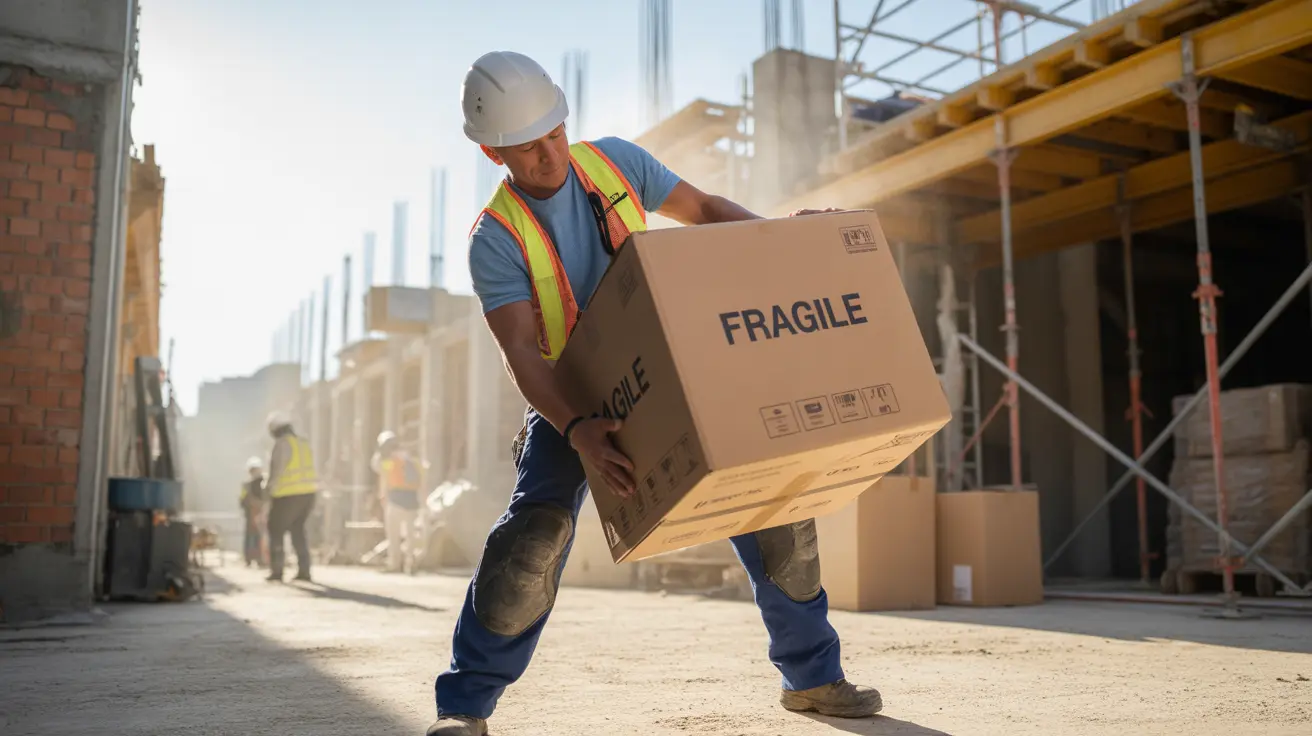Withdrawal from substances, particularly opioids, is a serious medical concern that requires careful attention and proper medical supervision. While many people believe withdrawal is merely uncomfortable, it's crucial to understand that in certain circumstances, it can pose life-threatening risks. This article explores the potential dangers of withdrawal and emphasizes the importance of seeking professional medical care during the detoxification process.
The Reality of Withdrawal Complications
While withdrawal itself is rarely directly fatal, severe complications can arise during the process, especially when attempted without proper medical supervision. The body's adjustment to functioning without the substance can trigger various physiological responses that, if not properly managed, may lead to dangerous situations.
Understanding the Most Dangerous Withdrawal Symptoms
Several symptoms during withdrawal can become severe enough to require immediate medical attention:
- Severe dehydration from vomiting and diarrhea
- Electrolyte imbalances
- Irregular heart rhythms
- Extreme blood pressure fluctuations
- Seizures in severe cases
Critical Complications That Require Immediate Care
Some withdrawal complications can become life-threatening if not properly addressed:
- Aspiration from vomiting
- Severe dehydration leading to organ failure
- Heart problems from electrolyte imbalances
- Seizures that may cause injury or breathing problems
The Importance of Medical Supervision
Professional medical supervision during withdrawal is crucial for several reasons:
- Continuous monitoring of vital signs
- Immediate response to complications
- Proper medication management
- Prevention of severe dehydration
- Access to emergency care if needed
Risk Factors That Increase Withdrawal Dangers
Certain factors can make withdrawal more dangerous:
- Pre-existing medical conditions
- Long-term substance use
- Multiple substance dependencies
- Advanced age
- Underlying heart or liver problems
Safe Withdrawal Management Strategies
Professional treatment centers implement various strategies to ensure safe withdrawal:
- Medical monitoring 24/7
- Medication-assisted treatment when appropriate
- Proper hydration management
- Nutritional support
- Mental health care
Frequently Asked Questions
Can you die from opioid withdrawal, and what are the risks involved?
While death directly from opioid withdrawal is rare, severe complications can be life-threatening if not properly managed. The main risks include severe dehydration, electrolyte imbalances, and cardiac complications. Medical supervision significantly reduces these risks.
What are the typical symptoms of opioid withdrawal, and how are they managed?
Common symptoms include nausea, vomiting, diarrhea, muscle aches, anxiety, and insomnia. These are managed through medication-assisted treatment, proper hydration, and continuous monitoring in a medical setting.
How does medical supervision help prevent complications during opioid withdrawal?
Medical supervision allows for constant monitoring of vital signs, immediate response to complications, proper medication management, and prevention of severe dehydration. Healthcare providers can also adjust treatment plans as needed.
What health conditions increase the risk of severe complications during opioid withdrawal?
Pre-existing heart conditions, liver disease, diabetes, and mental health disorders can increase the risk of complications. Other factors include advanced age and multiple substance dependencies.
What are the chances of relapse and overdose after completing opioid withdrawal?
The risk of relapse and overdose is highest in the period immediately following withdrawal, particularly if proper follow-up care isn't maintained. This risk can be significantly reduced through comprehensive addiction treatment programs and ongoing support.
Remember, withdrawal should never be attempted alone. Always seek professional medical help to ensure a safe and successful recovery process.




